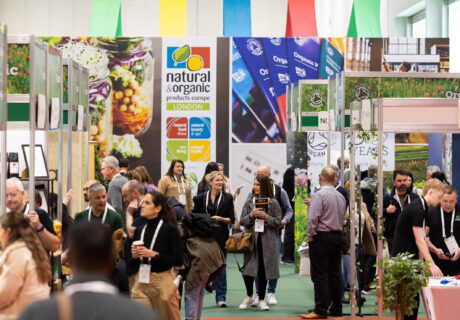The Social Market Foundation (SMF) reports that nearly three-fifths of Brits have, to some degree, reduced their meat intake, while 57% believe the nation as a whole should cut its consumption of animal products.
The findings are published in the SMF report Chewing it Over: Public attitudes to alternative proteins and meat reduction, published today.
It cites key motivations for reducing reliance on animal-based products as concerns over animal welfare, health and environmental harm – and the report warns politicians are ‘lagging behind public opinion’, with 74% supporting government-mandated animal welfare labels on meat packaging, 91% in favour of stricter welfare regulations on farms and 62% willing to back public money being invested in the development of better alternative proteins.
The poll, conducted in April, also found that 50% of people would get behind a 20% subsidy on the price of plant-based alternatives to meat, and that two thirds of those asked would be willing to pay higher prices for better animal welfare regulations.
The Government has not made progress with its target of reducing meat consumption by 30% over a decade, says the SMF, highlighting that price is still a consumer barrier; 44% say that the plant-based products currently available on the market are ‘not affordable’.
Efforts to eat less meat are entirely normalized … within British society. The question is when politicians will catch up
Aveek Bhattacharya, interim director at the SMF, comments: “Our research shows that far from being a fringe concern, efforts to eat less meat are entirely normalized and mainstream within British society. The question is when politicians will catch up and help the rest of us to make the changes to our diets necessary to better our health, protect the environment and improve animal welfare.
“Acknowledging the meat reduction target in the National Food Strategy, and the necessity of significant changes to our food system and our habits to meet it, would be a good start. But beyond that, there is substantial appetite for stricter welfare standards and investment in alternative proteins to help accelerate these societal trends.”
Gemma Hope, assistant director of policy, advocacy and evidence at the RSPCA, adds: “The public is clear that we all need to be eating less meat for the sake of animals, our health and our planet. Even during the depths of a cost of living crisis, a majority want their taxes spent on subsiding plant-based alternatives to meat. This is a priority issue for them and they want action. The quickest and cheapest first step is to have clear labelling of meat products telling shoppers how animals were reared. The public want this, it was promised as part of the National Food Strategy, so the Government can deliver on this.”





